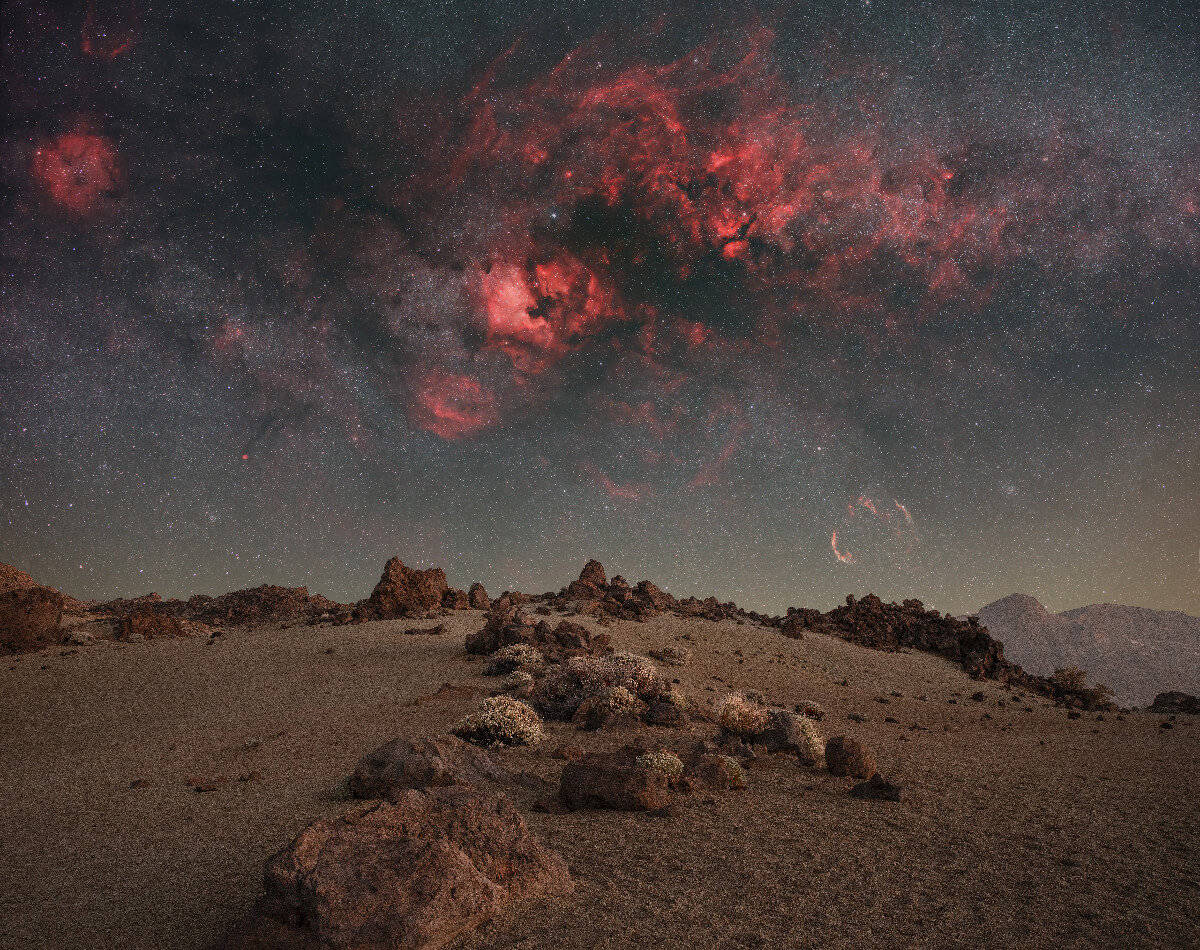In this interview, we talk to Mehmet Ergün who is a multiple APOD and award-winning astrophotographer who is proficient in all kinds of astrophotography.
Below we profile some of his stunning images and he outlines his gear and techniques, and provides his tips for beginners.
What’s Your Current Focus in Astrophotography And How Do You Plan Your Images?
I do all kinds of astrophotography – deep sky, planetary, landscape. Most of the time I plan days, weeks or even years in advance.
For my planning I usually use the software Stellarium, which allows me to see the location, the sky and also my image field in advance.
Every year I fly to La Palma (one of the Canary Islands), from there I shoot most of my deep sky and milky way/landscape images.
I especially enjoy photographing the sun in H-alpha from home. The sun is very dynamic compared to the other objects and always offers new structures on its surface.
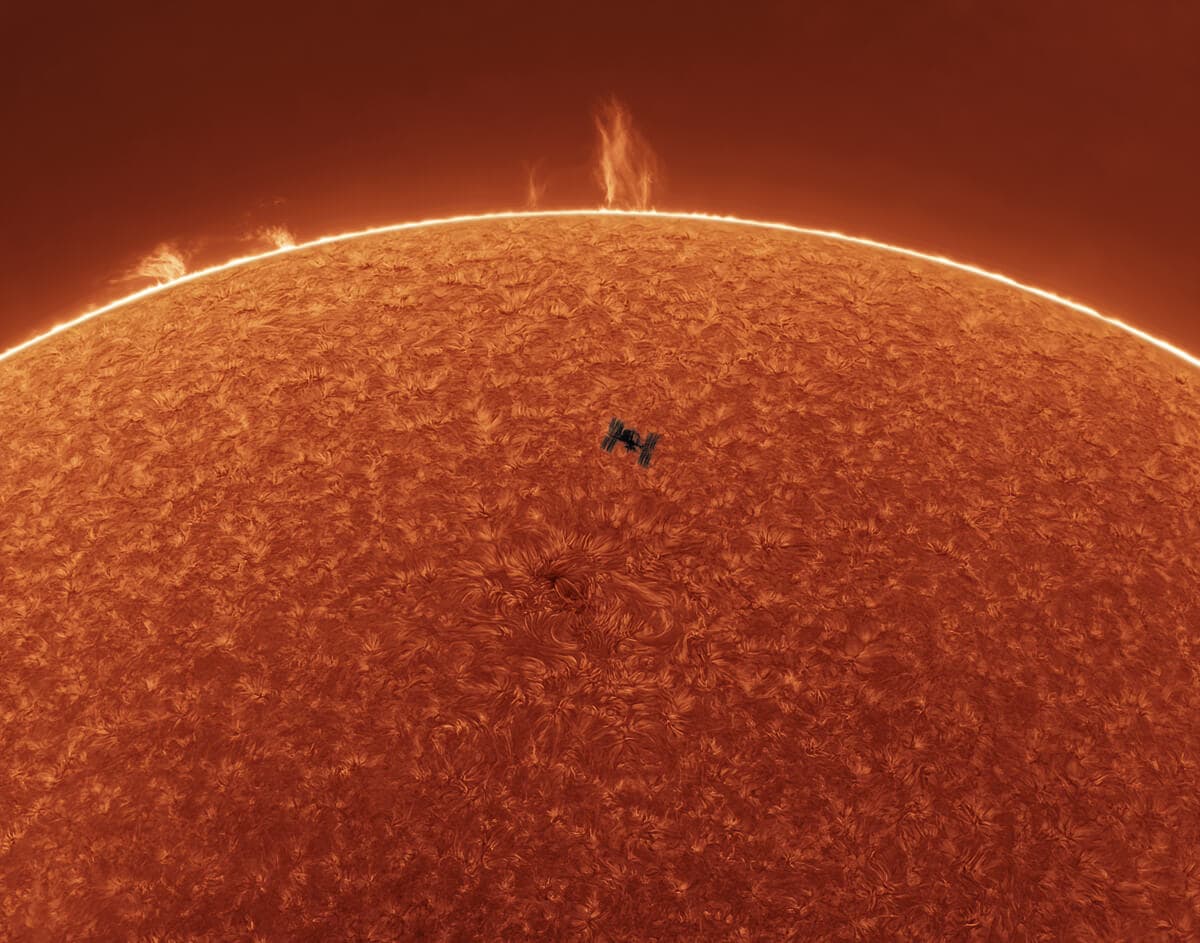
What Equipment Do You Use?
I have different equipment for each type of astrophotography:
Telescopes:
- William Optics RedCat61
- Sharpstar SDQ121
- Celestron 9.25 EdgeHD
- Lunt LS60 / Lunt DS60
- Explore Scientific 152 AC
Mounts:
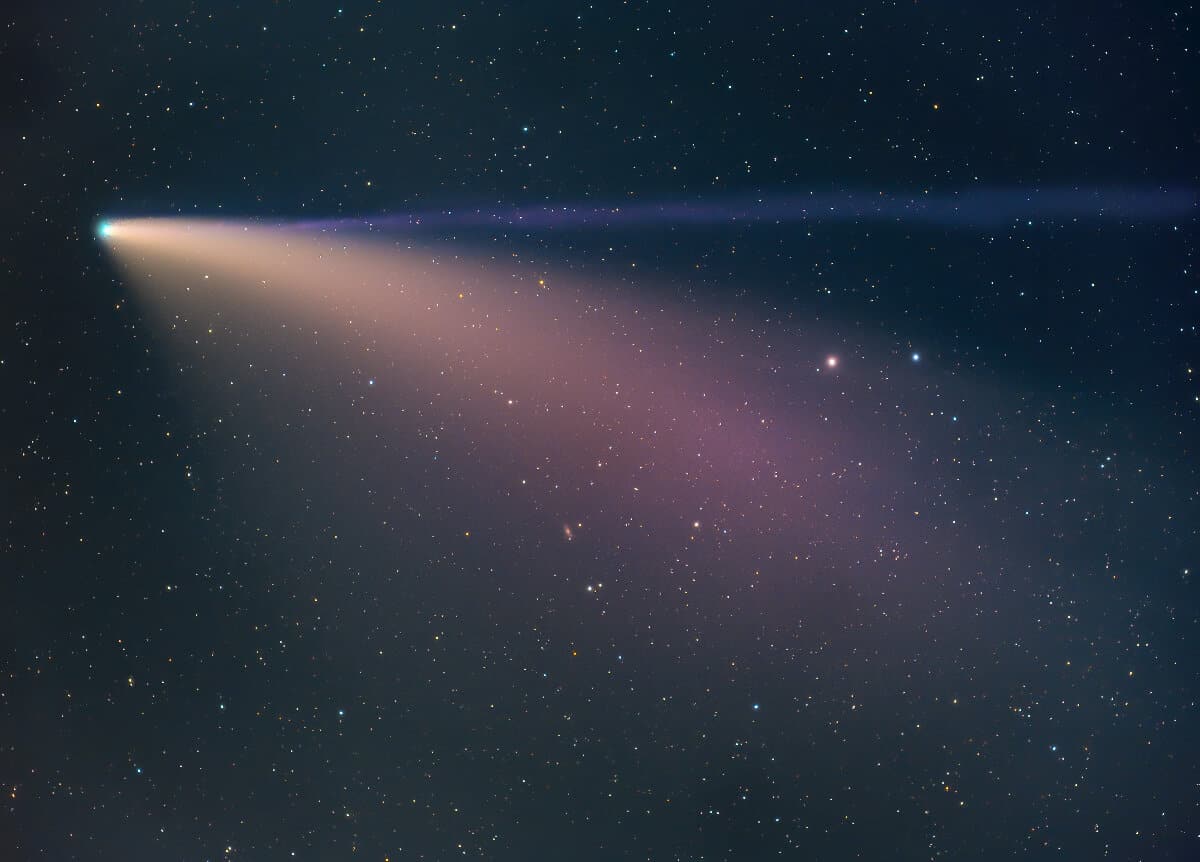
Cameras:
The Nikon Z6 is fully spectrum modified and actively cooled, so I can do very long exposure times with low noise.
This means I can take deep sky and Milky Way photos with it and I can use 2 inch filters, even with lenses. I have 2 adapters, one for Nikon lenses and one for Canon lenses.
Lenses:
Accessories:
- ASIAIR Plus
- DayStar Gemini Quark
- 160mm D-ERF energy rejection filter
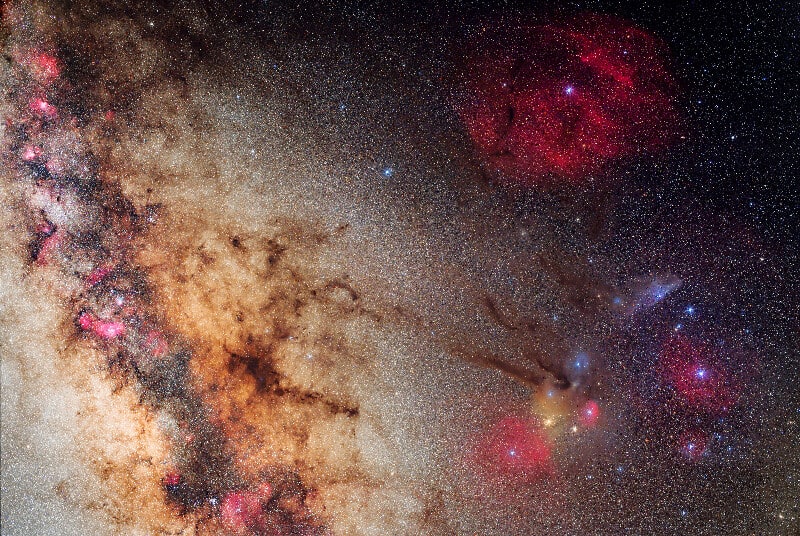
What Post-Processing Do You Do?
Post-processing is always different depending on the object. I have my own workflow for deep sky, solar system and Milky Way photos.
For deep sky photos, I use:
For solar system photos, I use (for post-processing and capture):
For Milky Way photos, I use:
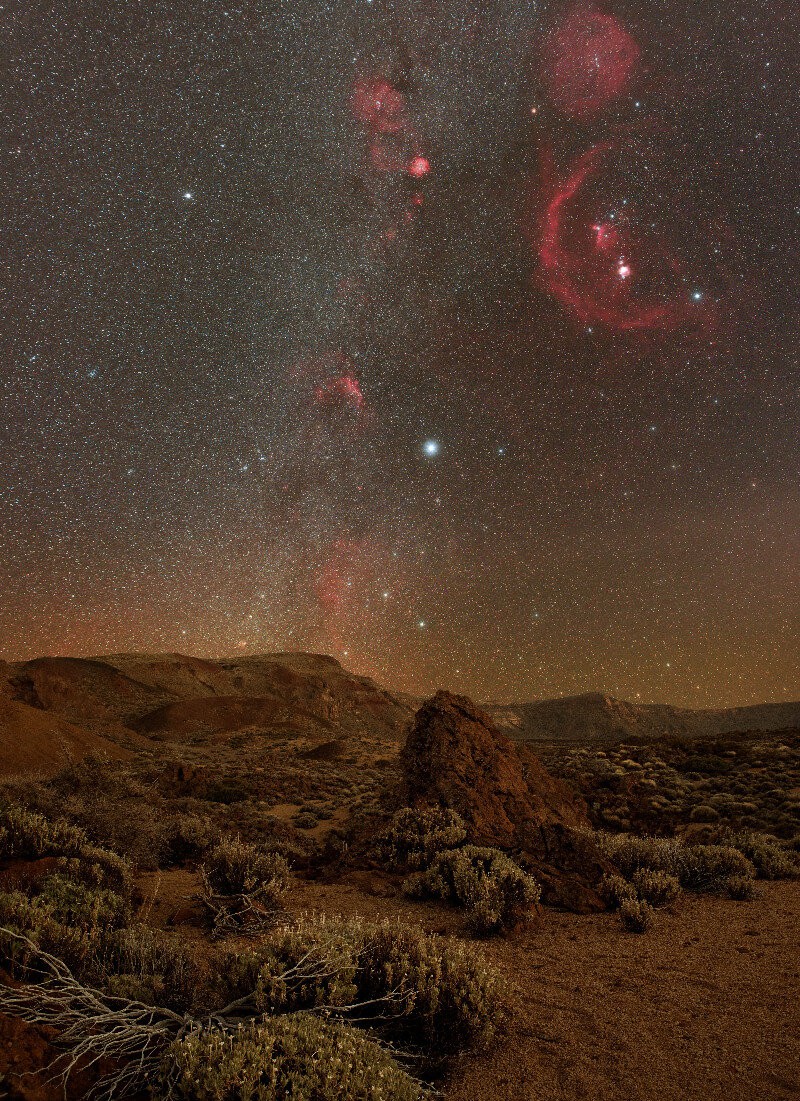
“Experience is gained over the years, and good night skies require a lot of luck & effort”
Do You Have Any Tips for Astrophotography Beginners?
- Know your night sky – Learn your night skies with the help of a star chart or apps, this way you will find your desired subjects and the Milky Way much faster.
- Know your equipment – Know your equipment well, such as your camera. Learn the settings in advance, you don’t have much time for it in the evening.
- Wear the right clothes – Always dress warmly! At night it is usually cold, added to this is lack of movement when photographing, so the body can cool down quickly. Better to sweat than freeze!
- Experience and the sky are not for sale – Two important factors are not purchasable in astrophotography. Experience is gained over the years, and good night skies require a lot of luck & effort.
- Do not give up!!! – Astrophotography has different phases, often associated with ups and downs. In the beginning, often more will go wrong than good. But do not give up!
- In the beginning everything is suitable – For beginners every camera and optics is suitable! Should the interest and experience grow, the equipment can also grow with time. Never buy expensive equipment as a beginner!
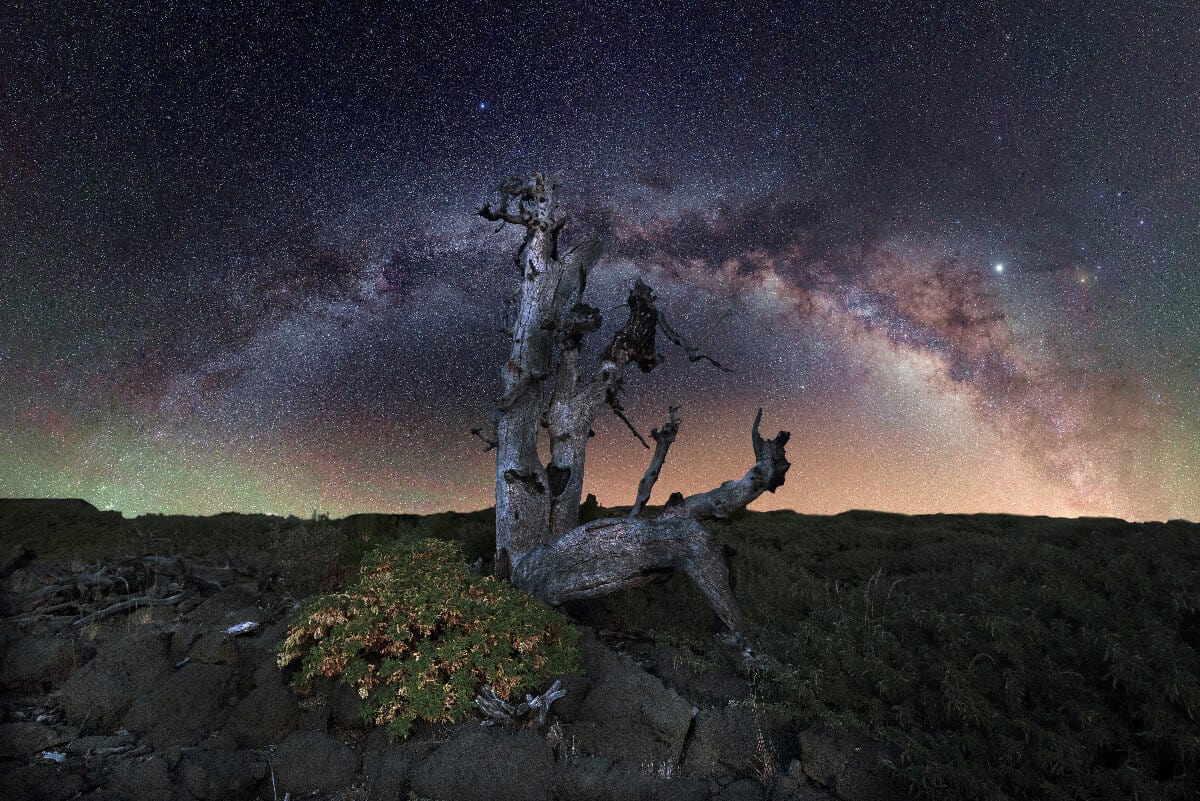
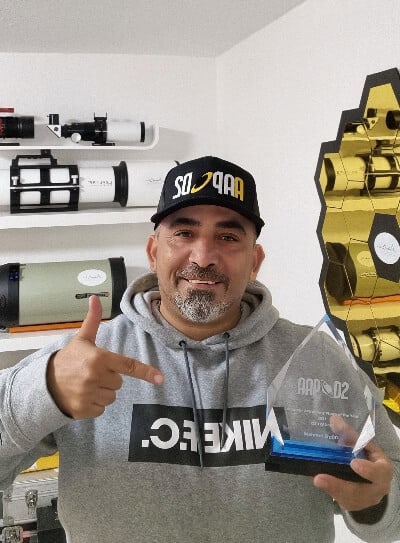
About You – Mehmet Ergün
My name is Mehmet Ergün, and my interest in astronomy has existed since childhood.
As a small child, my cousin told me that what we see in the sky may not exist today. As a child I could not really understand this, after all I could see the stars. This was the trigger to get me interested in astronomy.
For about 14 years I have been photographing the night sky in all its phases. The beauty of the universe never fails to impress me, which is why I am passionate about astrophotography.
In recent years I have won several astrophotography competitions and every year I give workshops for beginners in astrophotography on La Palma. I also give talks at various events.
For more information about me and my photos, visit my website and social media.
- Website: https://mehmet-erguen.com/
- Facebook: https://www.facebook.com/MehmetErguenofficial
- Instagram: https://www.instagram.com/mehmet.erguen/
Related Content from Skies & Scopes
- Astronomy Photographer of the Year: Gear Analysis
- Best Astrophotographers Interviews & Case Studies
- Best Cameras for Astrophotography
- What is an Astro Modified Camera?
- Best Mount for Astrophotography
- Best Star Tracker for Astrophotography
- Best CMOS Cameras for Astrophotography
- Best Apochromatic Refractor Telescopes
- Best Lenses for Astrophotography


